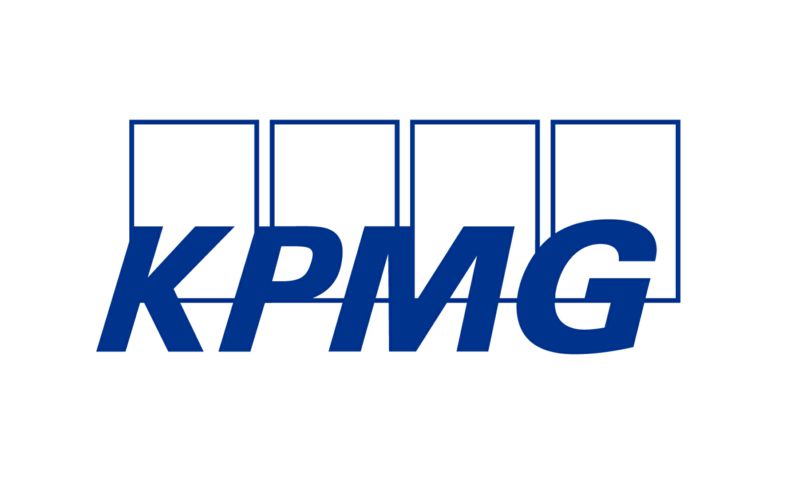Sponsored Content
As Covid-19 and Brexit reduces buyer appetite for private companies, attention turns to management buyouts, according to Niall Flood, Director in KPMG Corporate Finance
More and more shareholders are turning to management buyouts (MBO) as the best option to sell their business. An MBO, where shareholders of a company sell the business to the existing management team, is often a win-win scenario for both buyers and sellers for a variety of reasons.
“It is often the case with family or private businesses that the next generation has no interest in taking it on when the time comes to retire,” explains Niall Flood, Director in KPMG Corporate Finance. “A management buyout allows the owners of a business to realise the value of the company with minimal disruption. It also avoids the necessity of putting the business on the market and searching for buyers in the public eye. That reduces the issues that may arise with suppliers, customers and employees when pursing a normal sales process.”
Empowering Management
For management, an MBO allows the management team to benefit fully from the future profits generated by the business. This can be much more rewarding than simply working for a salary and other nominal benefits. “Owning the business typically empowers the management team and provides it with increased autonomy to decide the strategy of the business,” says Flood. “Management may have new ideas and may wish to take the business in a different strategic direction. Indeed, they may plan to take it on a more aggressive growth path with a view to selling it at a higher price in future.”
Speed of execution and current cheap financing costs are other MBO attractions. In certain cases, an MBO may also be the only viable option for owners who wish to sell their business. “Covid-19 and Brexit drives uncertainty and this tends to reduce buyer appetite and indeed M&A transactions generally. The number of trade buyers may be limited as a result, particularly if there is dependence on key persons within the management team or if the business is sub-scale,” Flood adds.
Funding Mechanisms
Like any other transaction, price is paramount in any MBO. Shareholders will have their expectations, whilst the management team will naturally wish to minimise the amount they have to pay. Management teams don’t typically have much equity funding to bring to the table and usually finance the purchase through debt, deferred consideration, or Private Equity, and often a combination of same. Deferred consideration can bridge the gap between the vendor’s and buyer’s valuation expectations.
Advisors are typically involved in any MBO process. There are many elements to a successful MBO process, including agreeing valuation, determining the funding structure, raising the money, negotiating key points, and agreeing the legals. Advisors also bring a level of experience and impartiality to a transaction that can help surmount the various obstacles to a deal. As the management team and the existing shareholders know the business well, if run properly the process executed quickly, often within six months from inception to completion.
Healthy Pipeline
Appetite for MBO deals has not been diminished by Covid-19, according to Flood. “Many steps in the process are now being executed on virtual platforms such as MS Teams and Zoom. We have not seen anything fundamentally affect the appetite for MBOs and we are advising on a healthy pipeline. In certain cases shareholders are accelerating their plans for retirement due to the challenging trading environment that may lie ahead.”
To find out more about how KPMG perspectives and fresh thinking on Corporate Finance issues can help your business or organisation thrive, visit kpmg.ie.
Pictured: Niall Flood, Director, KPMG Corporate Finance











